Remembering techniques: 6 ways to remember anything
Does your memory sometimes let you down? Everyone has had a critical moment of forgetting something at a bad time, whether on the exam or in the office.
Show key points
- Creating unusual and imaginative stories from key information helps enhance long-term memory retention.
- Visual associations, like mental imagery of an alarm clock for a 10 a.m. task, can significantly improve short-term recall.
- Focusing on the most frequently used words, especially in language learning, simplifies memorization of high-value content.
- ADVERTISEMENT
- Organizing complex topics into visual mind maps makes it easier to categorize and remember detailed information.
- Engaging in hands-on practice, such as building a website to learn coding, is often more effective than memorizing theory.
- Establishing consistent routines for daily tasks can improve memory by reducing mental overload and reinforcing habits.
- Using multiple senses during the learning process enhances memorization by making information more vivid and memorable.
It can be difficult to remember something in the short term, let alone the future.
In this guide, we'll examine six memorization techniques you can use to enhance and improve your memory in the short and long term. From word science techniques to rhyme tricks, read on to learn how you can quickly improve your memory today.
1. Turn important information into an unforgettable story
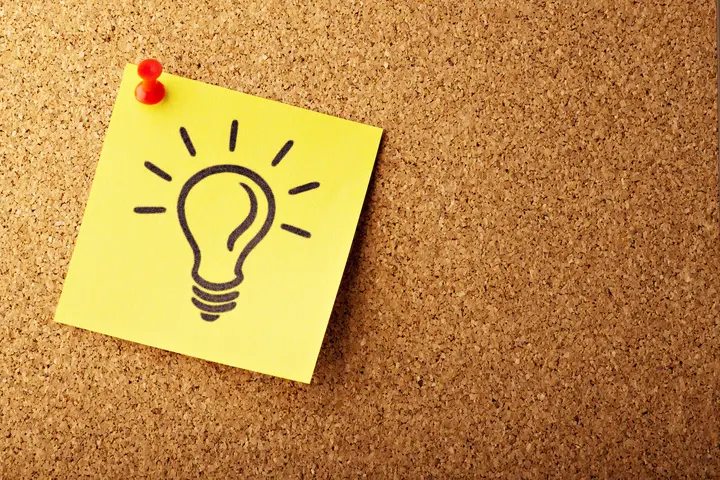
Need to remember names, places or other everyday information? Turn any boring facts you need to remember into an interesting story that will naturally prove themselves in your long-term memory.
Recommend
Suppose you need to remember three words: John, a car and an elephant. Use these three words to form a sentence you'll never forget. Be creative – the stranger the sentence, the more likely it is that your story will be remembered.
"Instead of driving, John rides a villa."
"John has tried desperately to put an elephant in his car."
Think about strange situations and unusual stories that contain words, phrases and information that you are trying to remember. Since stories are unforgettable, they will naturally stay in your memory and come to mind at any moment.
2. Use optical linking.
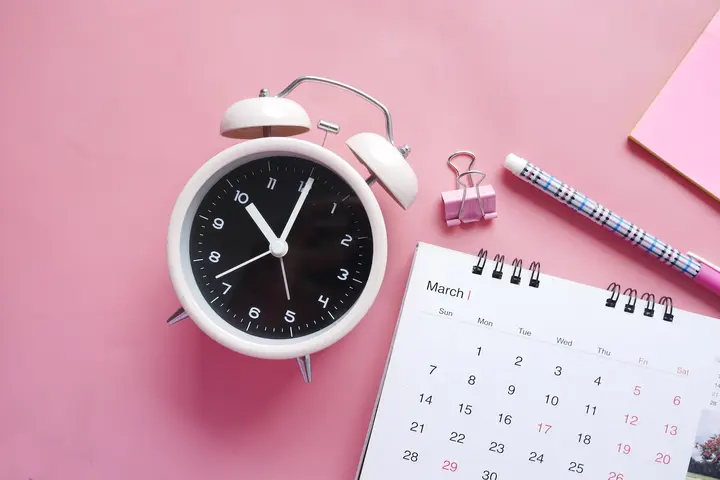
This memory trick works for two reasons. Naturally we remember visual cues better than words. Moreover, the more senses you use to learn or memorize something, the better we perform at remembering it.
Let's say you need to remember to make an offer to a client by 10 a.m. You can save your task in memory by visualizing your display above the alarm clock where the reading is "10 am". The trick here is to make the image as vivid as possible. Imagine an alarm clock, with flashes and alarm clock when the time is right, and focus on it until it's completely real in your mind.
3. Learn a language? Focus on the top 100 words
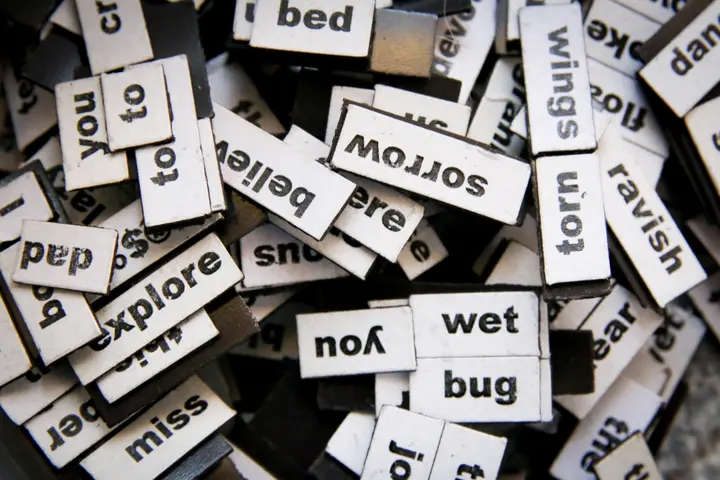
Sometimes, the best way to improve your memory is to focus on retaining important information, rather than intuitive information. When you learn a foreign language, for example, you can improve your memory by focusing on 100 important words.
Approximately 50% of material written in English consists of 100 words.
Moreover, a wide range of other languages, ranging from German to Tagalog, reuse what appears very frequently in written material and conversation.
By focusing on important information – in this case, the most commonly used words in a foreign language – you make memorizing information much less complicated. With little to remember, you'll be able to focus on retaining important and valuable information.
4. Create a visual mind map to sort, filter and remember data
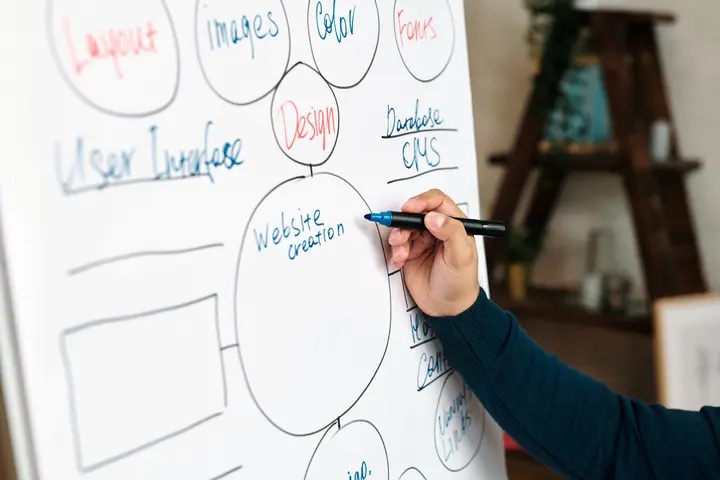
Mind maps are great tools for retaining information. Because information is often difficult to memorize when it is presented as a "text wall," mind maps divide complex topics into easily distinguishable visual categories.
For example, a business topic can be divided into several branches, each with its own subsections. Business can be divided into accounting, sales, production, management, etc.
Each of these categories can then be further divided. Sales can be divided into advertising, direct sales, brand support, and other branches. Accounting can also be divided into finance, journaling, equity, and other important subcategories.
5. Learn important information through practical exercises
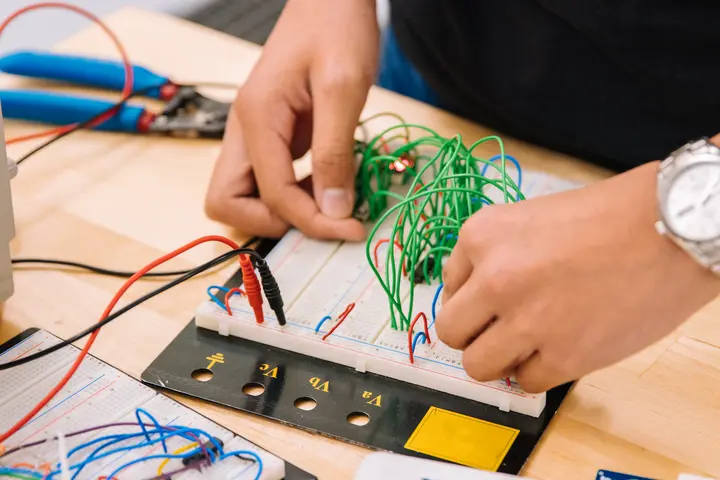
Sometimes, the best way to remember information is through practice. Consider explaining how to drive a car compared to showing someone how to drive. Explanation and practice are often much easier than reading, studying, and memorizing.
Hands-on learning is especially useful for practical topics such as web development and mechanical engineering. For example, it's easier to learn HTML tags by creating a simple website than by learning a list of tags by rote memorization.
6. Stick to the routine

If you build a daily routine in areas where memory recall is lacking, you'll likely remember things better. For example, if you have a terrible habit of misplacing your keys, try creating a routine to put them on a hook next to your door as soon as you get home.
We naturally remember visual cues better than words. The more senses you use to learn or memorize something, the better it will be remembered. This will soon become a habit, and you will always know where your keys are when you walk out the door.








